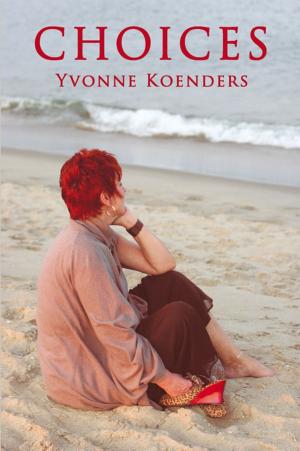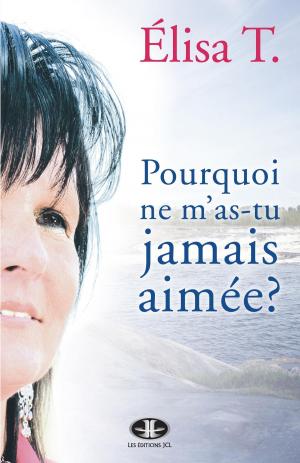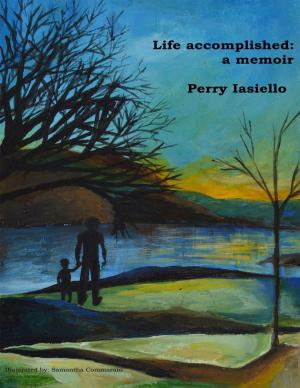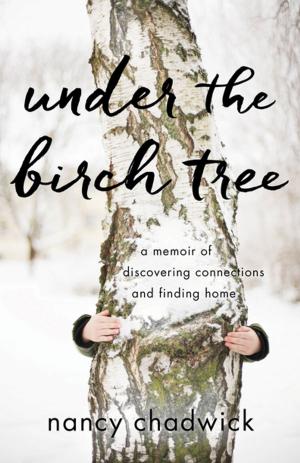| Author: | Rob McIntyre | ISBN: | 9781370225415 |
| Publisher: | Rob McIntyre | Publication: | October 22, 2016 |
| Imprint: | Smashwords Edition | Language: | English |
| Author: | Rob McIntyre |
| ISBN: | 9781370225415 |
| Publisher: | Rob McIntyre |
| Publication: | October 22, 2016 |
| Imprint: | Smashwords Edition |
| Language: | English |
A Little School On A Farm In Africa
This is a book that virtually wrote itself. It couldn’t have been otherwise, as my imagination alone would have failed completely in dreaming up many of the incidents described in the various chapters. The book covers a period of four years, which were completely different to the city life that I had led previously.
It describes how a young teacher, me, born and bred in the city, was given the privilege of moving into a farming community in Africa to teach farm children. It also meant moving from an urban environment where the houses stood side by side, to one where the homesteads were separated by kilometers; moving from a place where most people you saw during the course of the day were strangers, to one where everyone knew everyone else. It was a place without shops of any kind, and where entertainment was something that you created for yourself.
When I left my parents’ home in Port Elizabeth, the nearest large town to the country area where I was to teach, I knew I was to board with the family of three of my pupils. What I didn’t know, was that the Johnson family had no intention of regarding me as a boarder. From day one I was treated as a member of the family, and on the rare occasions on which I thought about it, it seemed to me that I had become something of a cross between teacher and older brother to the three Johnson children.
The teaching was also very different to that at the big city school in which I had taught for the previous two years. Whereas educating the children from grade one to grade seven in the city school required at least fourteen class teachers, without taking into account art, music, needlework, woodwork and remedial teachers, in the farm school there was, at first, only one teacher – me!
That was the position until Pat and I were married, after which she took over the teaching of the very young children. If the first two and a half years I had spent as the sole teacher at the little school had been a wonderful experience, things were to become even better with the coming of my wife. The Johnson farm family had grown by one!
It was precisely because of the free and easy atmosphere of the little farm school, coupled with the fact that I was my own boss, that the emphasis could be on fun and enjoyment. Not fun and enjoyment at the expense of learning, but fun and enjoyment as the medium through which learning took place.
Some very amusing things occurred while I taught at the little school and lived in the farming community, and of course I have included them in the book. In fact, amusing incidents seemed to be the rule, not the exception. One reason for this could well have been the fact that life out in the African countryside was very much a do-it-yourself sort of life. Normally speaking, when something went wrong, or a new challenge presented itself, one just got stuck in, acquiring the necessary knowledge and skills so that one could handle the situation; far removed from city life where one could simply call in specialized help. How many city folk have ever been faced with a huge crab in their loo (toilet) or a horse that sat on fences, or a little crab that threatened to destroy a big dam, or, for that matter, poisonous snakes that seemed determined to take up residence where they could enjoy human company?
As long as I live, I shall always regard myself as incredibly privileged to have spent four years in that wonderful community, where teaching their children was more fun than work. Sharing an important part of the experience with my young wife was just the cherry on the top.
A Little School On A Farm In Africa
This is a book that virtually wrote itself. It couldn’t have been otherwise, as my imagination alone would have failed completely in dreaming up many of the incidents described in the various chapters. The book covers a period of four years, which were completely different to the city life that I had led previously.
It describes how a young teacher, me, born and bred in the city, was given the privilege of moving into a farming community in Africa to teach farm children. It also meant moving from an urban environment where the houses stood side by side, to one where the homesteads were separated by kilometers; moving from a place where most people you saw during the course of the day were strangers, to one where everyone knew everyone else. It was a place without shops of any kind, and where entertainment was something that you created for yourself.
When I left my parents’ home in Port Elizabeth, the nearest large town to the country area where I was to teach, I knew I was to board with the family of three of my pupils. What I didn’t know, was that the Johnson family had no intention of regarding me as a boarder. From day one I was treated as a member of the family, and on the rare occasions on which I thought about it, it seemed to me that I had become something of a cross between teacher and older brother to the three Johnson children.
The teaching was also very different to that at the big city school in which I had taught for the previous two years. Whereas educating the children from grade one to grade seven in the city school required at least fourteen class teachers, without taking into account art, music, needlework, woodwork and remedial teachers, in the farm school there was, at first, only one teacher – me!
That was the position until Pat and I were married, after which she took over the teaching of the very young children. If the first two and a half years I had spent as the sole teacher at the little school had been a wonderful experience, things were to become even better with the coming of my wife. The Johnson farm family had grown by one!
It was precisely because of the free and easy atmosphere of the little farm school, coupled with the fact that I was my own boss, that the emphasis could be on fun and enjoyment. Not fun and enjoyment at the expense of learning, but fun and enjoyment as the medium through which learning took place.
Some very amusing things occurred while I taught at the little school and lived in the farming community, and of course I have included them in the book. In fact, amusing incidents seemed to be the rule, not the exception. One reason for this could well have been the fact that life out in the African countryside was very much a do-it-yourself sort of life. Normally speaking, when something went wrong, or a new challenge presented itself, one just got stuck in, acquiring the necessary knowledge and skills so that one could handle the situation; far removed from city life where one could simply call in specialized help. How many city folk have ever been faced with a huge crab in their loo (toilet) or a horse that sat on fences, or a little crab that threatened to destroy a big dam, or, for that matter, poisonous snakes that seemed determined to take up residence where they could enjoy human company?
As long as I live, I shall always regard myself as incredibly privileged to have spent four years in that wonderful community, where teaching their children was more fun than work. Sharing an important part of the experience with my young wife was just the cherry on the top.



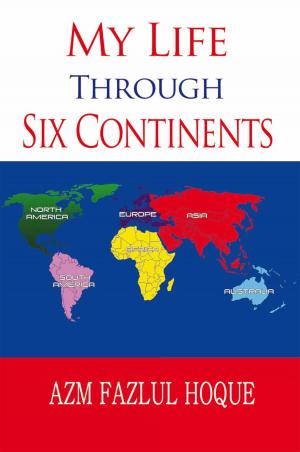
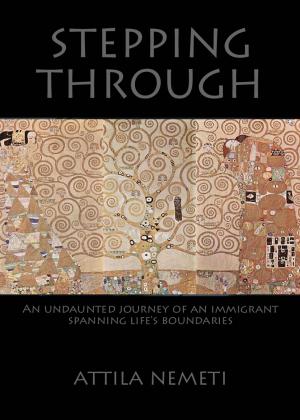
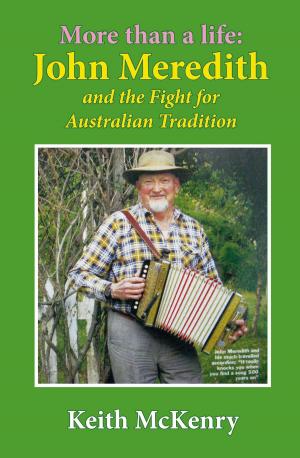



![Cover of the book Painted Windows: Studies in Religious Personality [Annotated] by Rob McIntyre](https://www.kuoky.com/images/2013/january/300x300/1230000099321-nixp_300x.jpg)
